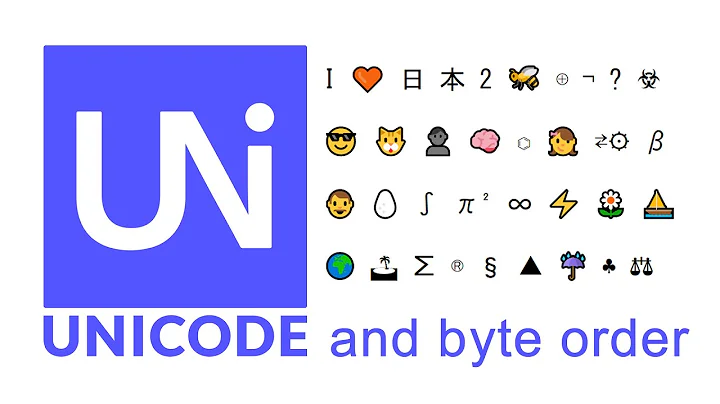What is unicode_literals used for?
Your terminal or console is failing to let Python know it supports UTF-8.
Without the from __future__ import unicode_literals line, you are building a byte string that holds UTF-8 encoded bytes. With the string you are building a unicode string.
print has to treat these two values differently; a byte string is written to sys.stdout unchanged. A unicode string is encoded to bytes first, and Python consults sys.stdout.encoding for that. If your system doesn't correctly tell Python what codec it supports, the default is to use ASCII.
Your system failed to tell Python what codec to use; sys.stdout.encoding is set to ASCII, and encoding the unicode value to print failed.
You can verify this by manually encoding to UTF-8 when printing:
# encoding: utf-8
from __future__ import unicode_literals
name = 'helló wörld from example'
print name.encode('utf8')
and you can reproduce the issue by creating unicode literals without the from __future__ import statement too:
# encoding: utf-8
name = u'helló wörld from example'
print name
where u'..' is a unicode literal too.
Without details on what your environment is, it is hard to say what the solution is; this depends very much on the OS and console or terminal used.
Related videos on Youtube
Comments
-
ssj almost 2 years
I get a weird problem with
__future__.unicode_literalsin Python. Without importingunicode_literalsI get the correct output:# encoding: utf-8 # from __future__ import unicode_literals name = 'helló wörld from example' print nameBut when I add the
unicode_literalsimport:# encoding: utf-8 from __future__ import unicode_literals name = 'helló wörld from example' print nameI got this error:
UnicodeEncodeError: 'ascii' codec can't encode character u'\xf3' in position 4: ordinal not in range(128)Does
unicode_literalsencode every string as an utf-8? What should I do to override this error?-
Martijn Pieters almost 10 yearsThe import only has an effect on Python 2; it makes Python 2 behave as Python 3 does when it comes to string literals. It makes your code cross-Python-version compatible.
-
 roippi almost 10 yearsThe issue is with your terminal, it is unable to display non-ascii characters.
roippi almost 10 yearsThe issue is with your terminal, it is unable to display non-ascii characters. -
Martijn Pieters almost 10 yearsSince you are using
printas a statement you must be using Python 2 instead; I've removed thepython-3.xtag that threw me off. -
Martijn Pieters almost 10 years@roippi: no, it is perfectly capable of showing already-encoded UTF-8 bytes. It is not communicating to Python that it is using UTF-8.
-
 roippi almost 10 yearsYes, I could have phrased that better.
roippi almost 10 yearsYes, I could have phrased that better.
-


![What is the unicode literals import? [Knock Q&A]](https://i.ytimg.com/vi/jxrAqXgGwf8/hq720.jpg?sqp=-oaymwEcCNAFEJQDSFXyq4qpAw4IARUAAIhCGAFwAcABBg==&rs=AOn4CLDJIiZaJVXKX0vrf0-dPqpgYdrwvw)








